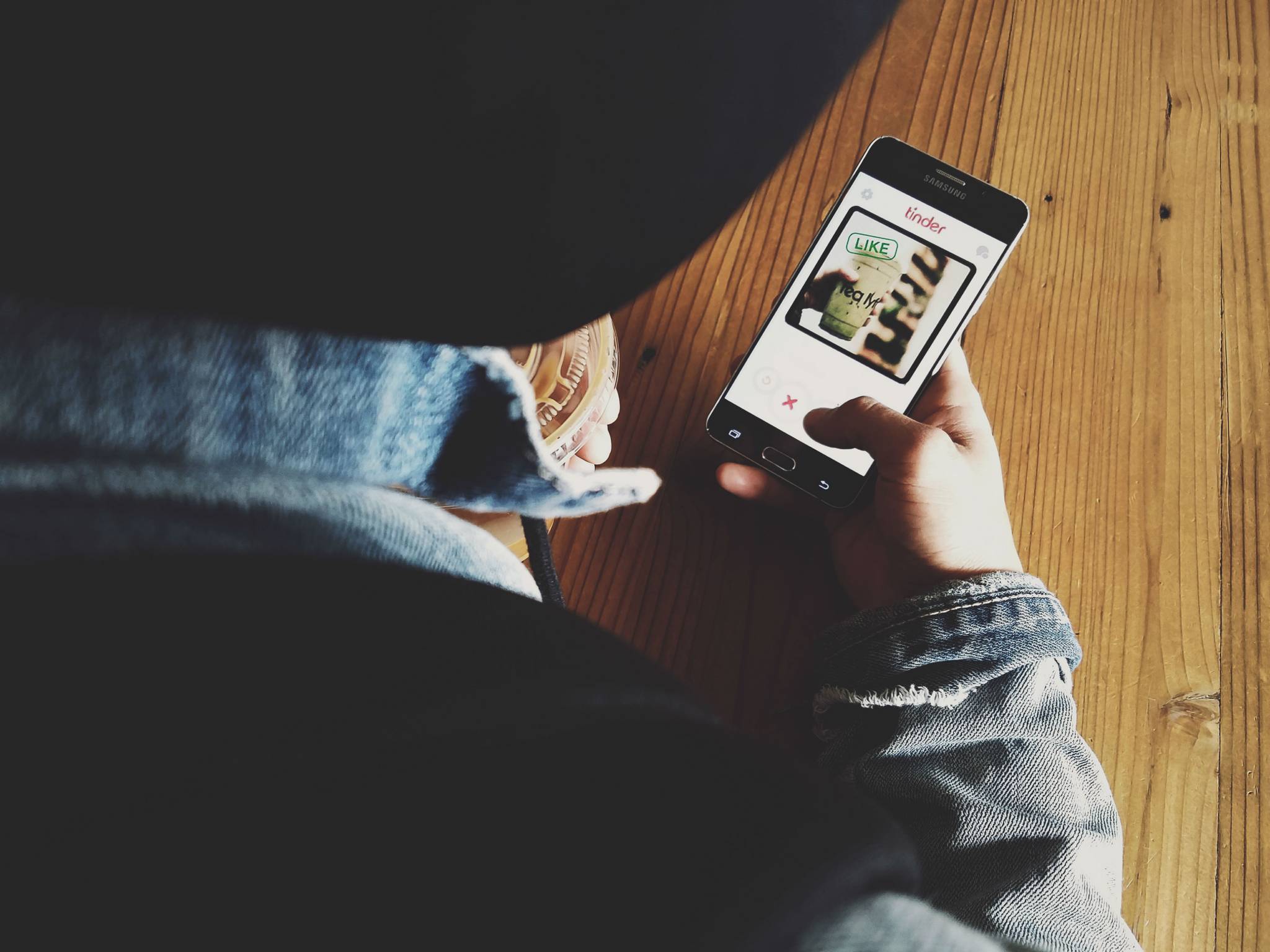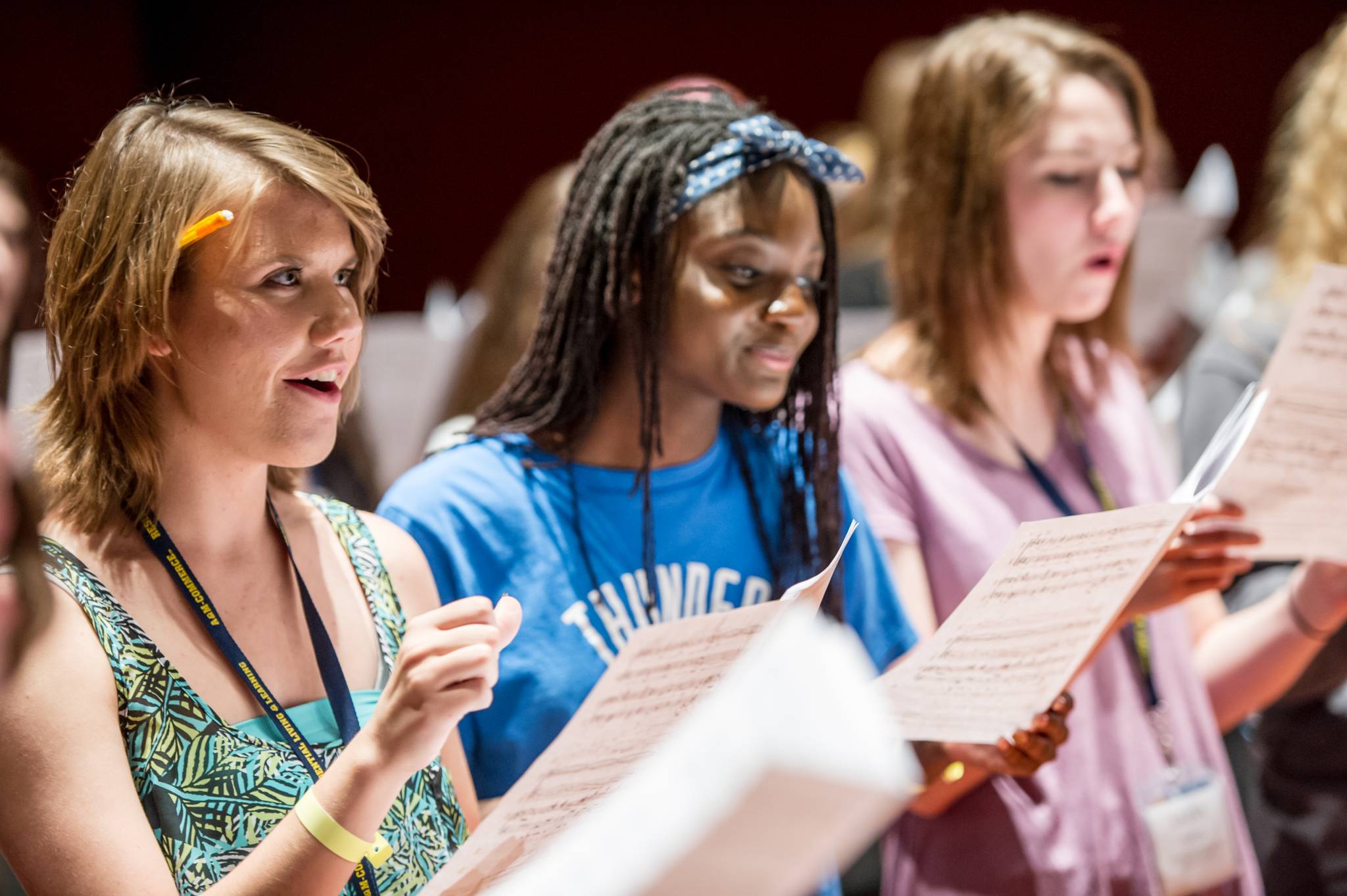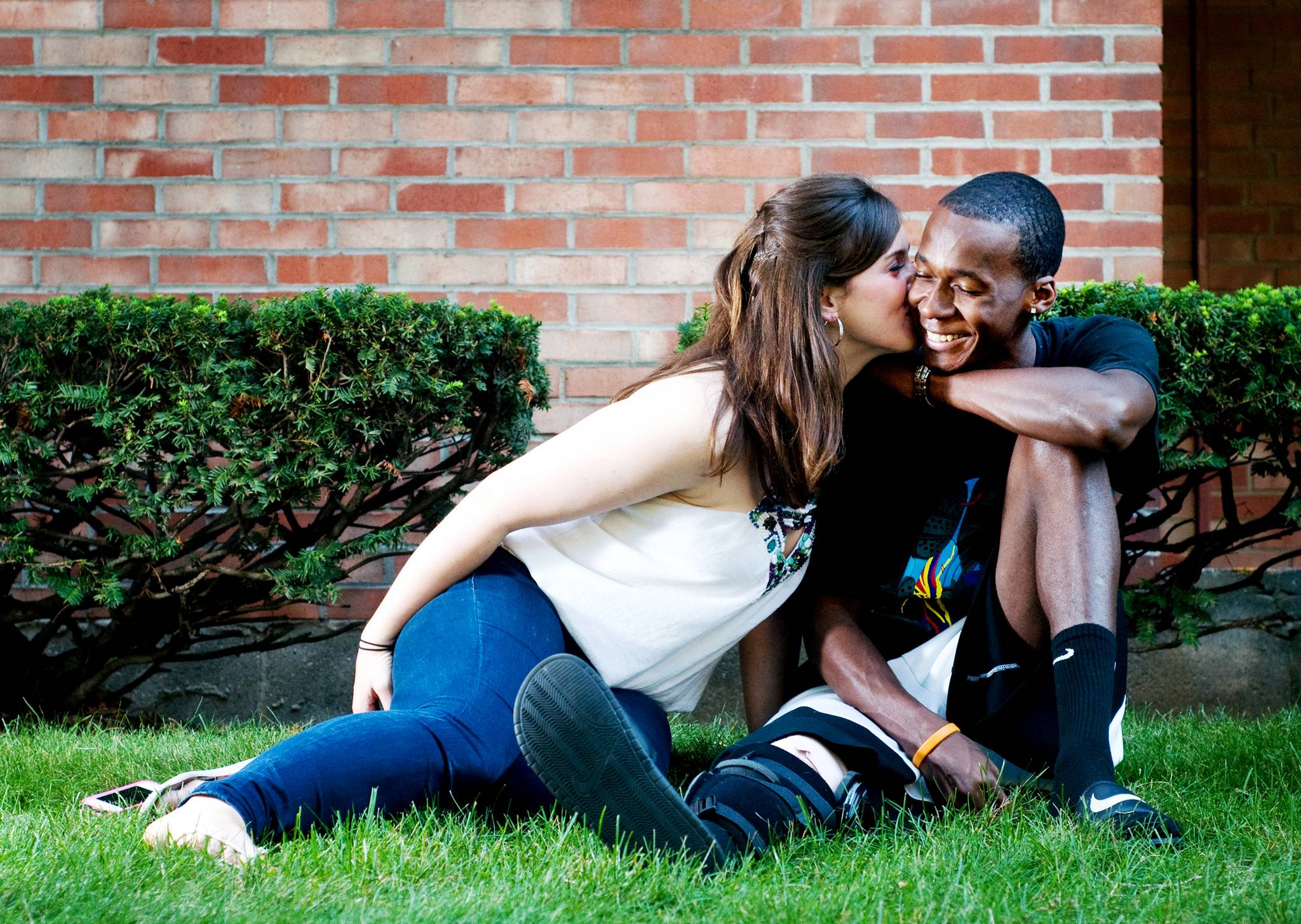
The phenomenon of hook-up culture hasn’t exactly been portrayed positively in the media; it’s become an integral seam in the fabric of a narrative that depicts today’s youth as tech-obsessed, indecisive and incapable of commitment. In an effort to explore and deconstruct these perceptions, Lisa Wade, PhD, an associate professor of Sociology conducted a study of hook-up culture in colleges across the US, which culminated in her book American Hookup: The New Culture of Sex on Campus. We sit down with Wade to explore the behaviours attached to hook-up culture, if it’s really as bad as it sounds or if it’s a natural fit for a generation who are rejecting institutions.
“We are in uncharted territory,” says Justin Garcia, a research scientist at Indiana University’s Kinsey Institute, in that article published in Vanity Fairthat condemned Tinder, hook-up culture, and the ‘dating apocalypse’ that they’ve caused for ruining relationships forever. “There have been two major transitions in heterosexual mating in the last four million years. The first was around 10,000 to 15,000 years ago, in the agricultural revolution. And the second major transition is with the rise of the Internet.”
It’s true that the internet – and more specifically, dating apps – have changed the way we form these relationships. Tinder has racked up more than 50 million users, who swipe as many as 1.4 billion times a day – it’s an unparalleled force to be reckoned with. But actually, claims Wade, hook-up culture has been around for a while, and dating apps like Tinder have simply made it available to the masses. “It’s hooking up for people who aren’t living in a hook-up culture,” she explains in an interview with Canvas8.
Wade’s book was born from a desire to repair the disconnect between what she saw among the students in her classrooms and what was being reported in the media – with an angle to exploring, but also removing some of the stigma attached to, this freshly highlighted hook-up culture. Her research involved visiting 24 colleges across 18 states, collecting diaries from 101 students, reading hundreds of first-hand accounts of hookup culture in college newspapers, and the data from a survey of over 24,000 students.
To understand hook-up culture, it’s important to understand what defines a culture. “It’s a set of ideas,” says Wade. “It’s a set of beliefs about what’s right or wrong, good or bad, normal or abnormal. It’s a set of rules for interaction – guidelines for how people would interact together. A really simple example would be how do you greet someone. That’s cultural, right? These are set of rules for interaction.”
So where does this leave us with hook-up culture? “The core idea is that students should want to engage in casual sex that has no emotional importance or significance,” explains Wade. “To participate, students have to perform disinterest in an effort to demonstrate to their sexual partners and the wider community that they aren't emotionally invested. They also have to monitor their own emotions to make sure that they’re obeying these cultural expectations.”
Of course, hooking up has plenty of downsides. Whether its the direct ties it has with the rape culture that’s also proliferated in many campuses or the fact that ‘emotionless sex’ is in itself an oxymoron (“human beings are just bags of chemistry,” says Wade, “we literally have feelings constantly all the time”).
But while a third of respondents actively opted not to participate, and many struggled with following through on promises of ‘emotionless sex’, not all of Wade’s findings were damning. “Hook-up culture has been born from some of the best things that have changed in the last 100 years,” she says. “The idea that sex isn't sinful but part of human nature, even for women, is a positive change. The young women in my study did not want to go back – even if they hated hook-up culture.”
Because there’s a chance that, in contemporary society, hook-up culture could be a more natural take on dating. At a time when young people are rejecting institutions – Church weddings dropped by 40% between 2000 and 2012 and just 40% of Gen Yers consider Christmas a primarily religious holiday – the institution of relationships as we know them is shifting, too, as people spend more time focusing on themselves.
“It’s a strong individualism that hook-up culture represents,” confirms Wade. “The attitude attached to it very much says, ‘this is just about me, and intertwining myself with other people is a threat to my individuality and my personal trajectory’.” And it’s true that the past century has seen global culture shift towards individualism, with the proportion of kids receiving unique names having risen steadily, and studies showing there’s also been a growth in desire for unique products. And with many students saying they prefer casual sex because relationships would be a distraction or even derail their education – but that they’re interested in more emotional relationships later – perhaps hook-up culture isn’t such a bad thing, but simply a sign of the times, and emblematic of a generation that wants to get shit done.
Lore Oxford is deputy editor at Canvas8, specialising in behavioural insights and consumer research. She previously ran her own science and technology publication and was a columnist for Dazed and Confused. When she’s not analysing human behaviour, she can be found defending anything from selfie culture to the Kardashians from contemporary culture snobs.
So where does this leave us with hook-up culture? “The core idea is that students should want to engage in casual sex that has no emotional importance or significance,” explains Wade. “To participate, students have to perform disinterest in an effort to demonstrate to their sexual partners and the wider community that they aren't emotionally invested. They also have to monitor their own emotions to make sure that they’re obeying these cultural expectations.”



